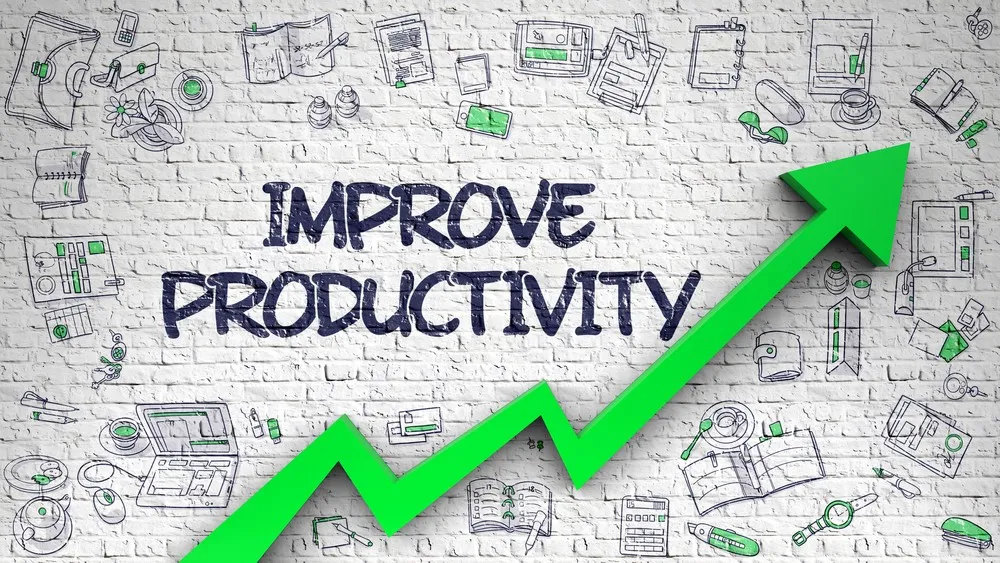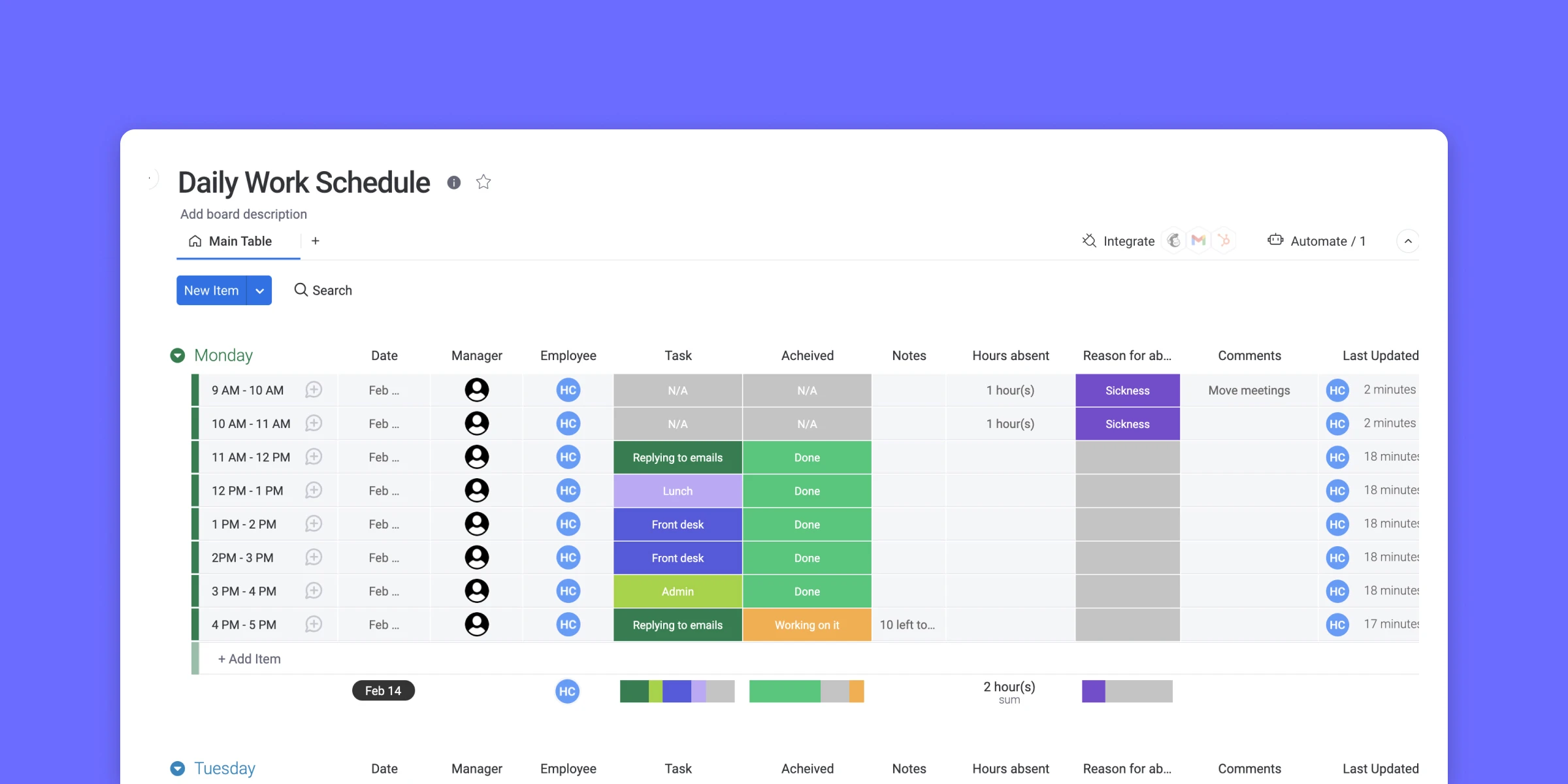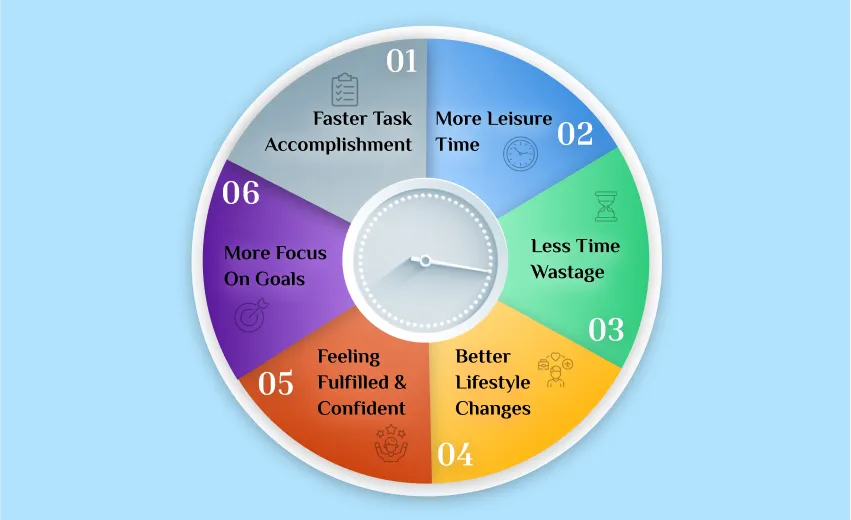In today’s fast-paced work environment, staying productive is crucial for both professional growth and personal satisfaction. Increasing productivity can help you meet deadlines, improve job performance, and reduce stress. Whether you’re working from home or in the office, there are several strategies you can implement to boost productivity and enhance your focus. In this article, we’ll explore practical tips and techniques for increasing productivity at work.
1. Set Clear Goals and Prioritize Tasks
One of the most effective ways to increase productivity is by setting clear, achievable goals.
- Why: Clear goals help you stay focused and provide a roadmap for your tasks.
- How to Do It: Break down your work into smaller, manageable tasks and prioritize them based on importance and deadlines.
- Pro Tip: Use the SMART method for goal-setting—make your goals Specific, Measurable, Achievable, Relevant, and Time-bound.
Bonus: Use a to-do list or task manager to track your daily tasks and cross off completed items for a sense of accomplishment.
2. Eliminate Distractions
Distractions are productivity killers, whether they come from your phone, social media, or office chatter.
- Why: Eliminating distractions helps you maintain focus and complete tasks faster.
- How to Do It: Identify your biggest distractions and take steps to minimize them. This may include turning off notifications, closing unnecessary tabs, or using apps that block social media during work hours.
- Pro Tip: Consider using the Pomodoro technique—work for 25 minutes, then take a 5-minute break. This method helps you stay focused while giving your brain time to rest.
Bonus: If you’re working in an open office, consider using noise-canceling headphones or finding a quiet space to concentrate.
3. Organize Your Workspace
A cluttered desk can make it harder to stay focused and productive.
- Why: An organized workspace reduces distractions and makes it easier to find what you need.
- How to Do It: Keep only essential items on your desk, and store paperwork or supplies in drawers or filing cabinets.
- Pro Tip: Invest in organizational tools like file organizers, trays, or drawer dividers to keep your space neat and efficient.
Bonus: Clean your workspace at the end of each day to ensure you’re ready to start fresh the next morning.
4. Take Breaks to Recharge
It may seem counterintuitive, but taking regular breaks can actually improve productivity.
- Why: Short breaks help recharge your mind, improve focus, and prevent burnout.
- How to Do It: Step away from your desk for a few minutes every hour, stretch, walk around, or enjoy a snack.
- Pro Tip: Use the 50-10 rule: work for 50 minutes and then take a 10-minute break. This provides a good balance of focus and rest.
Bonus: Use breaks to practice mindfulness or deep breathing exercises to reduce stress and improve mental clarity.
5. Use Time Management Techniques
Time management is a critical skill for increasing productivity.
- Why: Managing your time effectively allows you to complete tasks more efficiently.
- How to Do It: Try different time management techniques, such as the Eisenhower Matrix (urgent vs. important tasks) or time-blocking.
- Pro Tip: Time-blocking involves dedicating specific blocks of time for different tasks or projects. This ensures you stay focused on one thing at a time and avoid multitasking.
Bonus: Use a digital calendar or scheduling app to block out time for focused work, meetings, and personal time.
6. Focus on One Task at a Time
Multitasking might seem like an efficient way to get things done, but it often leads to mistakes and wasted time.
- Why: Focusing on one task at a time helps you complete it more efficiently and with better quality.
- How to Do It: Prioritize tasks and commit to finishing one task before moving on to the next.
- Pro Tip: If you’re working on a large project, break it into smaller tasks and focus on completing them one by one.
Bonus: Use task management apps like Trello or Asana to organize tasks and set deadlines.
7. Delegate When Necessary
You don’t have to do everything yourself.
- Why: Delegating tasks helps you focus on higher-priority activities and allows others to contribute to the success of the team.
- How to Do It: Identify tasks that can be done by others and assign them accordingly. Be clear about expectations and timelines to ensure successful delegation.
- Pro Tip: Learn to trust your team members and communicate effectively to ensure tasks are completed correctly and on time.
Bonus: Regularly assess your workload to determine which tasks can be delegated or outsourced.
8. Stay Motivated and Positive
Maintaining a positive attitude and staying motivated are key to boosting productivity.
- Why: A positive mindset helps you stay resilient during challenging tasks and keeps you moving forward.
- How to Do It: Set small, achievable goals and celebrate your accomplishments. Practice self-compassion and be patient with yourself when things don’t go as planned.
- Pro Tip: Surround yourself with positive influences, whether it’s coworkers, mentors, or inspirational content.
Bonus: Keep a gratitude journal to focus on the positive aspects of your day and stay motivated.
9. Get Enough Sleep and Exercise
Your physical health is directly linked to your productivity.
- Why: Sleep and exercise help improve focus, memory, and energy levels, making it easier to stay productive throughout the day.
- How to Do It: Aim for 7-9 hours of sleep per night and incorporate at least 30 minutes of physical activity into your daily routine.
- Pro Tip: Try to schedule exercise in the morning or during breaks to boost energy levels and reduce stress.
Bonus: Practice relaxation techniques before bed to ensure you get restful sleep.
10. Continuously Learn and Improve
Investing in your skills and knowledge will help you work more efficiently and effectively.
- Why: Staying up to date with the latest trends, tools, and techniques can enhance your performance and problem-solving abilities.
- How to Do It: Take online courses, attend workshops, or read books related to your industry.
- Pro Tip: Set aside time each week to learn something new, whether it’s a new software, management technique, or industry news.
Bonus: Seek feedback from colleagues and supervisors to identify areas where you can improve and grow.
Conclusion
Increasing productivity at work doesn’t require drastic changes, but rather implementing small, consistent habits that enhance focus, time management, and overall efficiency. By setting clear goals, eliminating distractions, taking regular breaks, and staying motivated, you can significantly boost your productivity and achieve better results. Remember, productivity is about working smarter, not harder, so take care of your physical and mental well-being as you strive to achieve your professional goals.




